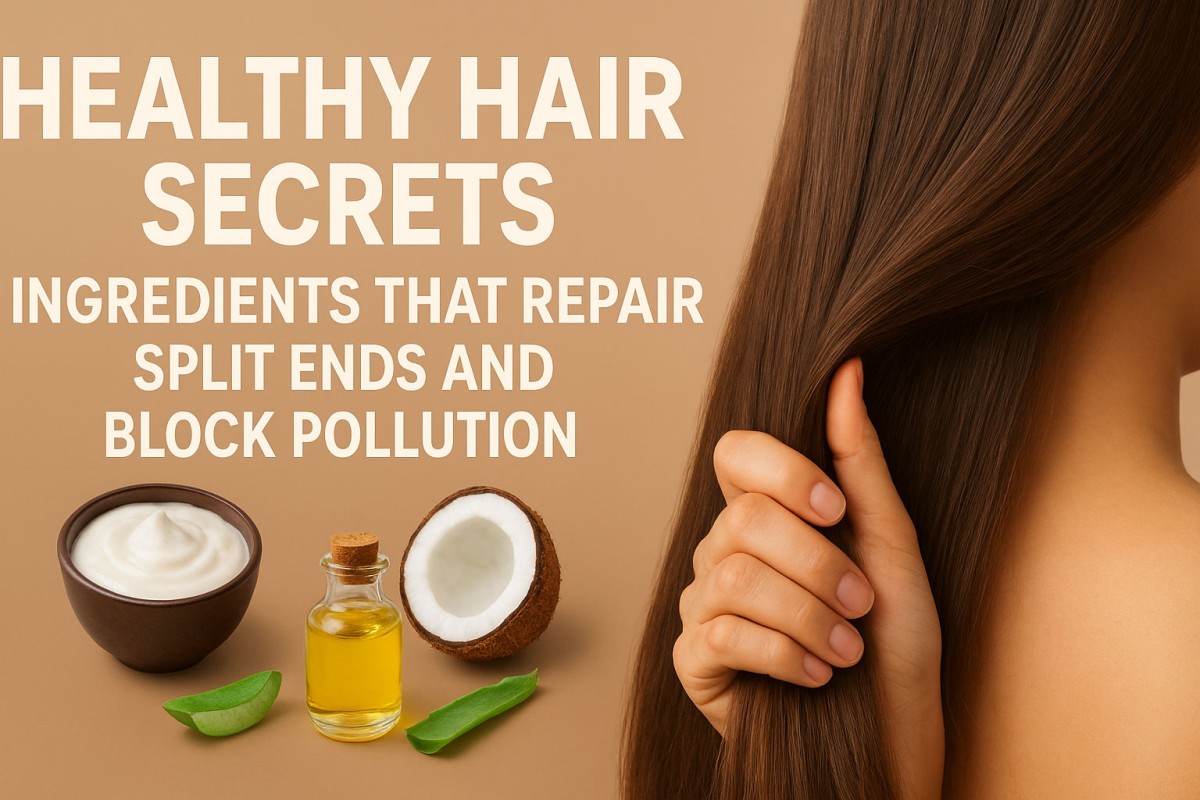Every individual requires more than shampooing and conditioning for having nourished and healthy hair, as there are various factors that can affect hair growth, such as pollution from cities, harmful UV radiation, styling tools, and extreme weather conditions, causing dryness, split ends, and damaged hair. Split ends can take place as the protective outer layer of hair weakens over time due to regular wear and tear, warm weather, and using too many harsh products. This results in hair strands splitting into micro fragments that can cause hair to become dry and rough and susceptible to breakage. Pollution tends to bring hair into contact with floating dirt particles, skin-damaging agents, and toxins that accumulate on the scalp and hair strand. These substances can remove natural oils and make hair lose strength, which leads to a lack of shine and a scalp that feels itchy or gets dandruff. There are various ingredients that can help to revive damaged hair, help hair stay healthy and smooth, and keep your hair protected all day long.
Essential Ingredients for Split-End Repair
1. Keratin is a natural protein that helps to refill hair with lost nutrients, builds the strength of each strand, and temporarily fixes split ends. Its formulation tends to restore smoothness to rough ends and makes frizzy hair manageable and shiny. 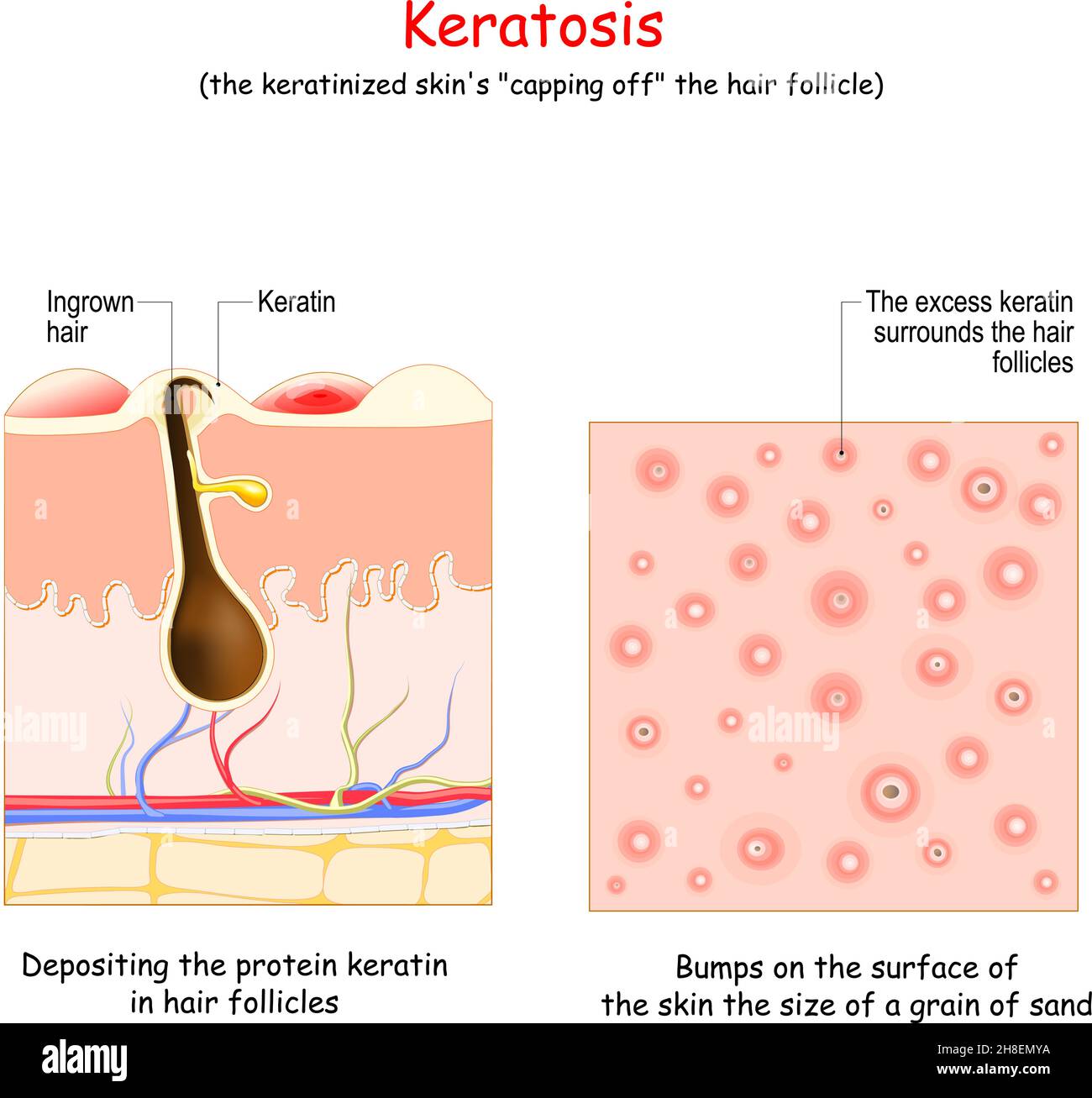
2. Argan oil has plenty of fatty acids and vitamin E that penetrate deeply to keep hair soft, nourished, and bouncy, which makes it an essential natural treatment for fortifying hair to prevent damage. 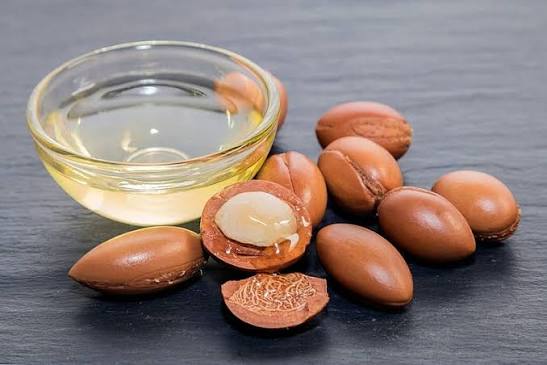
3. Coconut oil consists of lauric acid, which works well with hair proteins. It helps to lessen protein loss and delivers nutrients deep within the hair shaft to restore it naturally from within.
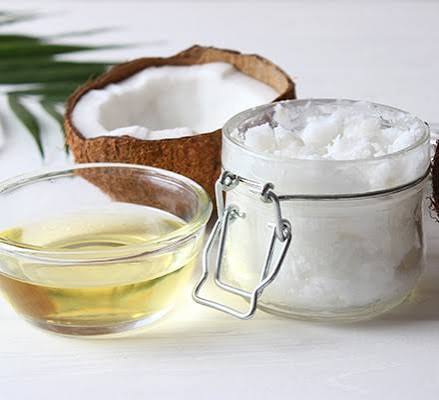
4. Silk proteins create a protective layer around hair strands, reduce further splitting by restoring cuticle integrity, and promote healthier hair composition. It also helps to boost hydration for soft, supple hair and smooths rough spots for a silky finish to prevent breakage at the ends.
5. Almond oil has been powered with vitamins A, E, and B-complex nutrients, which help hair bounce back naturally, reduce the formation of split ends, and make hair feel radiant and silky. 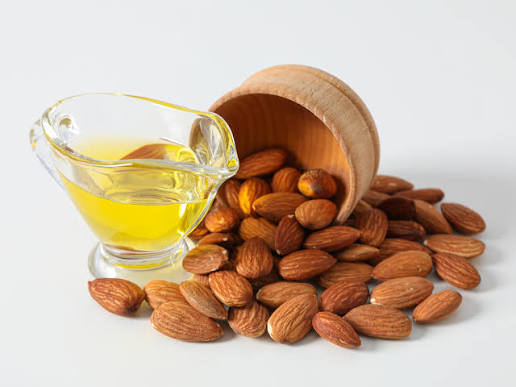
6. Amla contains vitamin C and antioxidants, helps to delay the onset of hair graying, and shields hair from environmental pollutant accumulation. 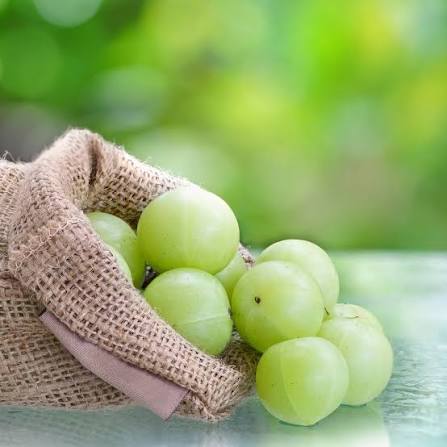
7. Bhringraj is an ayurvedic herb that enhances hair regeneration to support hair resilience and durability and protects it from environmental stressors. 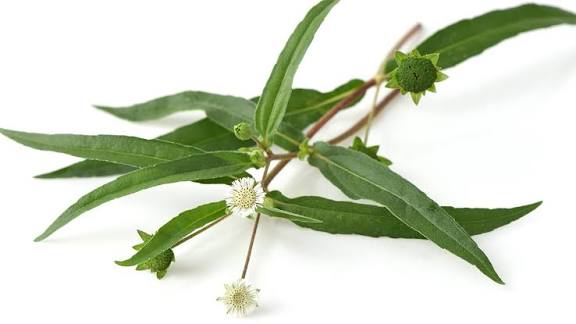
Hair-Guarding Ingredients for Pollution Protection
1. Activated charcoal is recognized for its cleansing and purifying effects and soaks up impurities and pollutants from the scalp and hair. It also helps to remove excess oils and dirt.
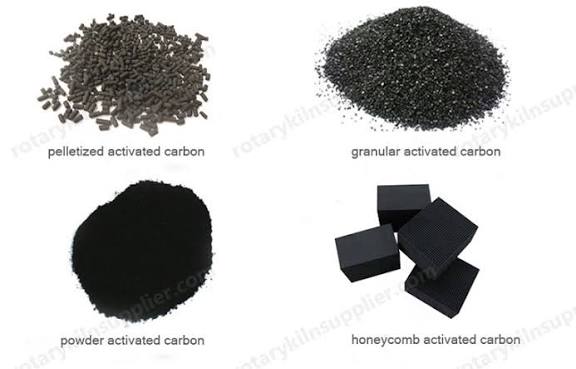
2. Green tea extracts contain antioxidants such as catechins, which can stabilize harmful molecules that damage hair produced by pollution exposure. It helps to keep roots protected from daily stress, reduces free radical damage, and calms irritation. 
3. Vitamin C assists in safeguarding hair from atmospheric pollutants and enhances hair growth by stimulating collagen production in the scalp and covers strands with a protective layer to prevent damage from daily exposure to pollution and toxins.
4. Jojoba oil replicates the production of natural hair oils and develops a protective barrier to block dirt and pollution from settling and provide a lightweight moisturizer with a non-greasy finish. 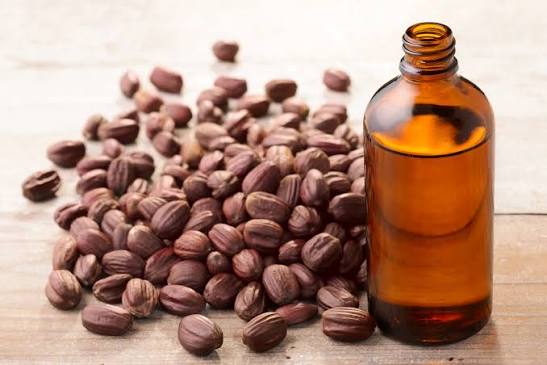
Smart Ways to Use Hair Products Featuring These Ingredients
1. It is suggested to apply oils deeply within the scalp and hair ends for 2-3 times a week.
2. Using post-wash hair serums or masks infused with antioxidant properties to shield hair from pollution.
3. Avoid washing hair with warm water that can take away natural oils and increase split ends.
4. Keep choosing gentle shampoo containing activated charcoal and green tea extracts along with oils containing protective ingredients such as coconut or argon to maintain healthy hair without losing nourishment.
5. Using conditioner enriched with keratin and silk proteins to revive and nourish damaged ends.
Conclusion
Choosing appropriate hair care products based on hair texture and scalp health can make a difference in reducing issues such as dandruff, split ends, dryness, and damaged hair caused by pollution, alongside including protective ingredients to strengthen hair roots. It is also recommended to consume a diet that contains vitamins and omega-3 fatty acids. Remaining hydrated, limiting the usage of hair styling tools, and protecting oneself against sun exposure can help to maintain nourished and smooth hair.
